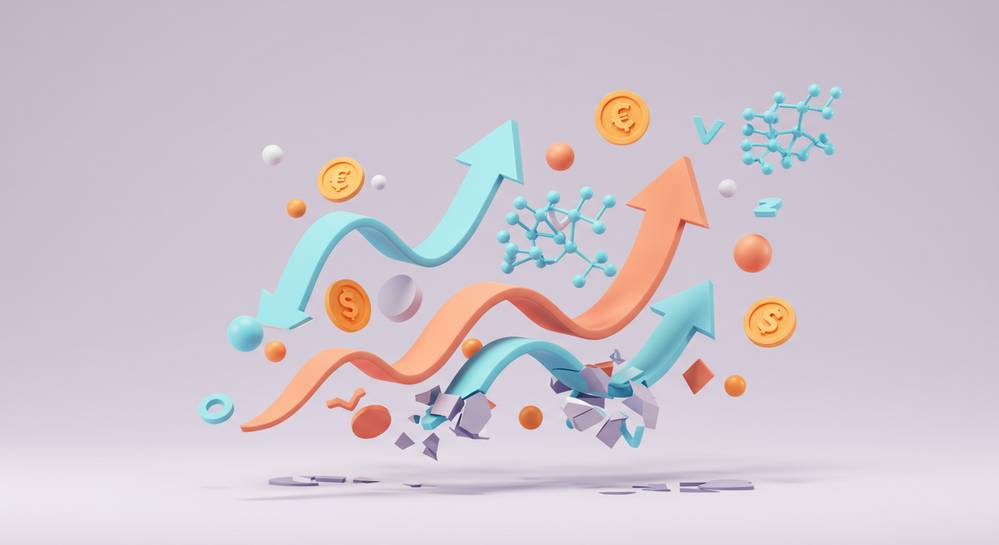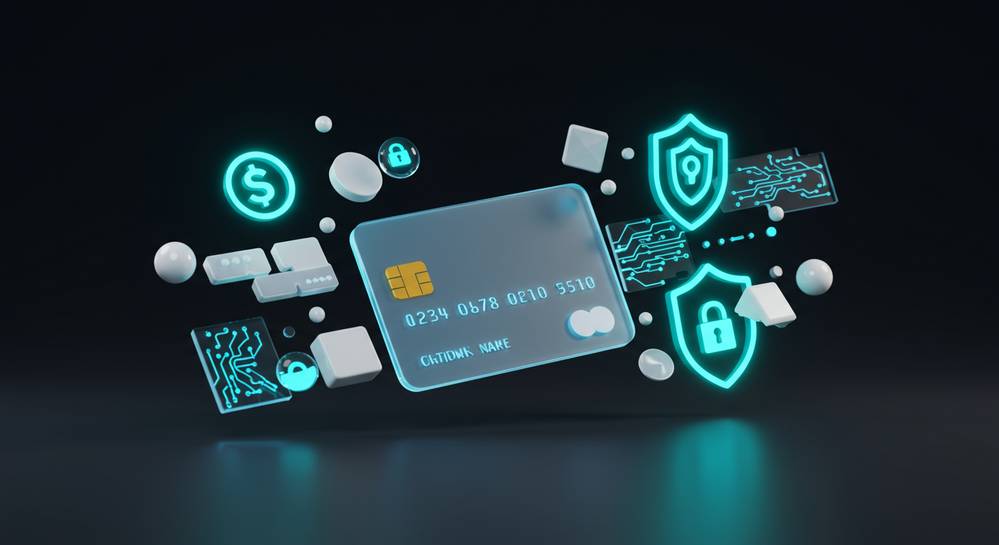Debt can be overwhelming and hard to manage, but there are effective ways to consolidate your debts and regain control of your finances. By combining multiple debts into one, you can simplify your payments and potentially save money on interest charges. In this article, we will explore some of the best debt consolidation options available in the market.

Personal Loans for Debt Consolidation
Personal loans are a popular choice for debt consolidation. With a fixed annual percentage rate (APR), you can enjoy the convenience of predictable monthly payments. Additionally, personal loans often offer lower APRs compared to the interest rates you may currently be paying on your existing debts.
However, it’s important to note that borrowers with fair or bad credit may face higher APRs. Some lenders may also charge fees such as loan origination fees and prepayment penalties. Keep in mind that qualifying for a personal loan may be more challenging for individuals with bad credit.
Balance Transfer Credit Cards with 0% APR
Another option for debt consolidation is utilizing a balance transfer credit card with an introductory 0% APR offer. These cards allow you to transfer your credit card balances onto a single card with no interest charges during the introductory period, which can last as long as 20 months.
By consolidating your credit card debts onto a card with a lower APR than what you’re currently paying, you can potentially save money on interest and simplify your repayments. However, it’s worth noting that balance transfer credit cards are only suitable for consolidating credit card debt. Additionally, borrowers with strong credit scores generally have access to better introductory offers.
Home Equity Loans
Homeowners who have built equity in their properties can consider leveraging that equity through a home equity loan. With a fixed APR and monthly payments, home equity loans often offer lower interest rates compared to unsecured debts. They also allow you to consolidate a large amount of debt at once.
However, it’s important to be aware of the risks associated with home equity loans. Only homeowners are eligible for this type of loan, and failure to make payments could result in foreclosure. Additionally, taking out more money than your home is worth could leave you underwater, owing more than the property’s value. Lastly, home equity loans typically involve closing costs.
401(k) Loans
If you have a 401(k) retirement account, you may have the option to borrow against it. 401(k) loans offer the advantage of no credit checks, as you are essentially borrowing from yourself rather than a lender. They also typically do not come with taxes or penalties.
However, not all servicers allow 401(k) loans, so be sure to check with your plan administrator. It’s important to consider the potential drawbacks, such as the loss of investment gains on the borrowed amount. If you default on the loan, you may be subject to income tax and a 10% penalty. Additionally, if you lose your employment, you may be required to repay the loan quickly.
Debt Management Plans
A debt management plan involves working with a credit counselor to negotiate lower fees and interest rates on your debts. This option is particularly suitable for unsecured debts, such as credit card debt or medical bills. A debt management plan consolidates multiple debts into one monthly payment, making it easier to manage your finances.
While debt management plans can be advantageous, it’s important to consider the limitations. You may be required to stop using or close your credit cards, which can impact your credit utilization and credit score. It’s also worth noting that debt management plans typically take up to five years to complete, during which time you may not be able to take on new credit.
FAQs
Q. Will debt consolidation affect my credit score?
A. Debt consolidation itself does not directly impact your credit score. However, the actions you take during the consolidation process, such as applying for new credit or closing accounts, may have an effect. It’s important to manage your credit responsibly and make timely payments to maintain or improve your credit score.
Q. Are there any fees associated with debt consolidation?
A. Depending on the debt consolidation method you choose, there may be fees involved. For example, personal loans may have origination fees, home equity loans often involve closing costs, and balance transfer credit cards may have balance transfer fees. It’s crucial to review the terms and conditions of any consolidation option to understand the associated costs.
Q. Is debt consolidation the right choice for everyone?
A. Debt consolidation can be beneficial for many individuals, but it’s not the right solution for everyone. It’s essential to assess your unique financial situation, including your credit score, debt amount, and repayment capabilities, before deciding on a debt consolidation method. Consulting with a financial advisor or credit counselor can help you determine the best course of action.
Conclusion
Managing debt can be overwhelming, but with the right debt consolidation option, you can regain control of your finances. Whether you choose a personal loan, balance transfer credit card, home equity loan, 401(k) loan, or debt management plan, it’s important to carefully consider the pros and cons. Evaluate your financial situation, take into account your future goals, and make an informed decision to achieve long-term financial stability. Remember, debt consolidation is a tool to assist you in your journey towards financial freedom.


